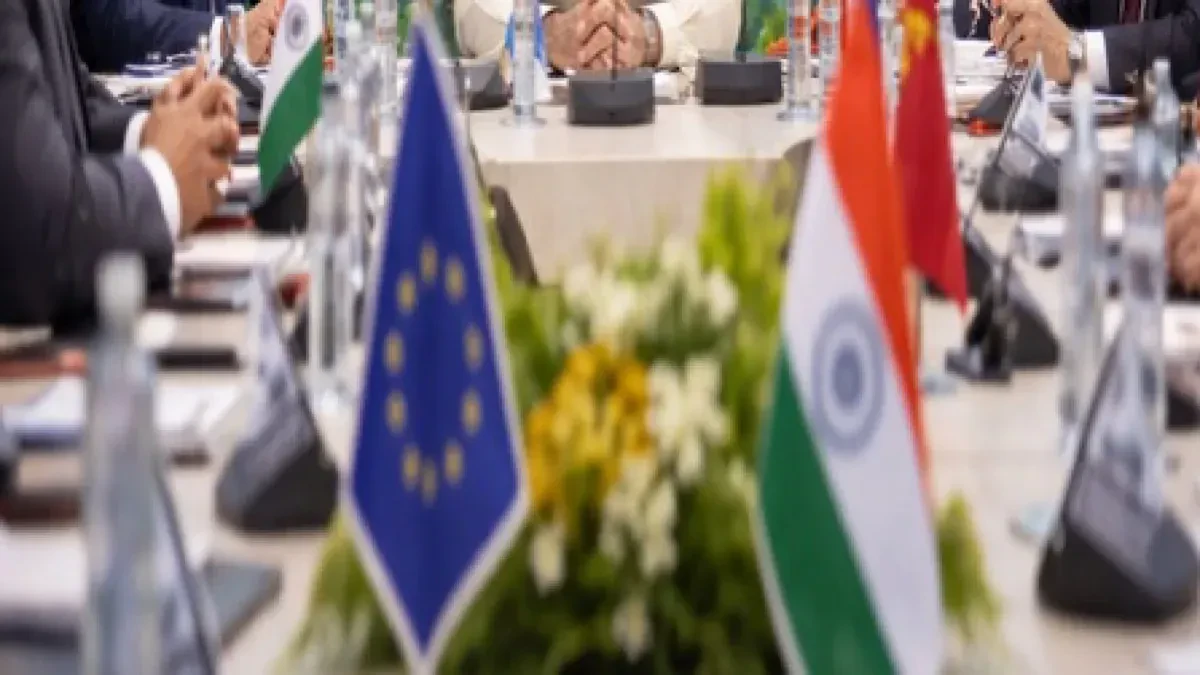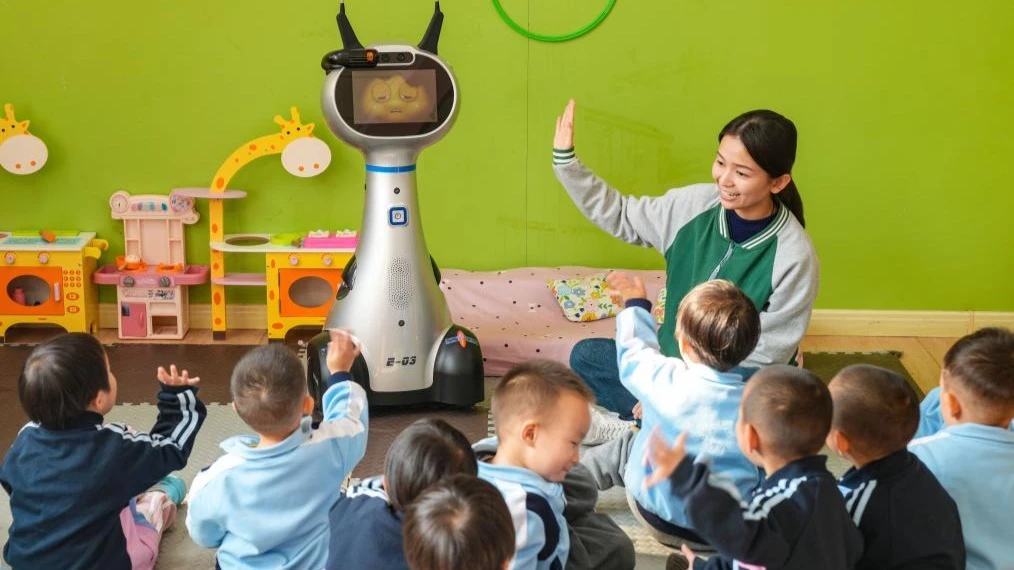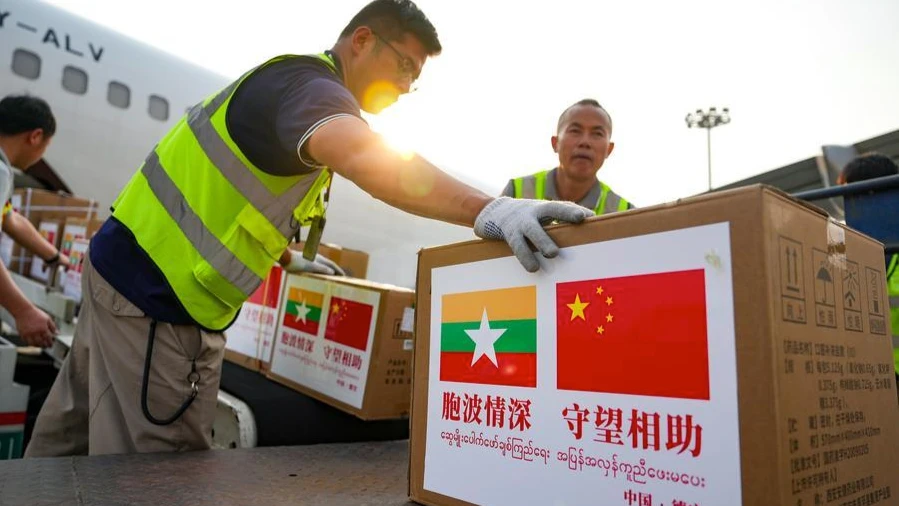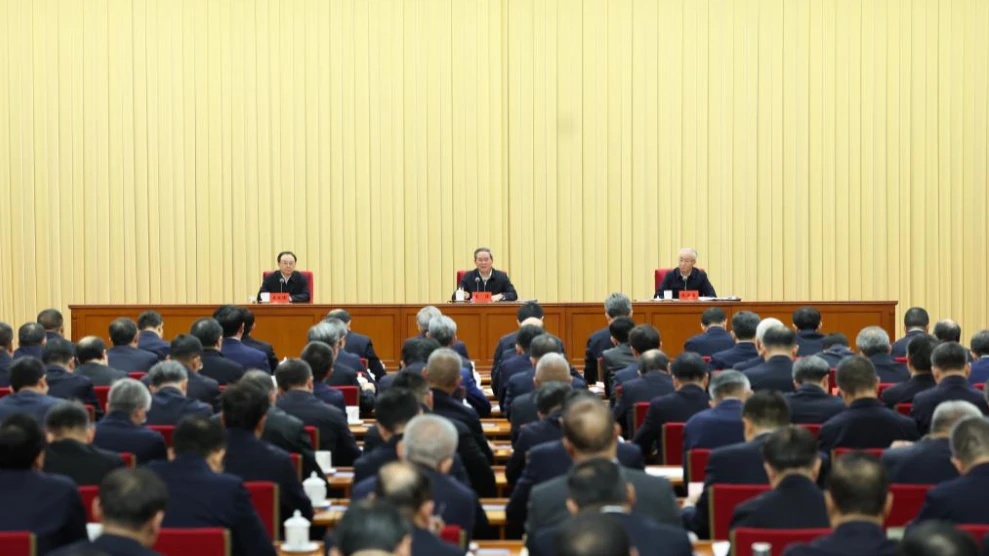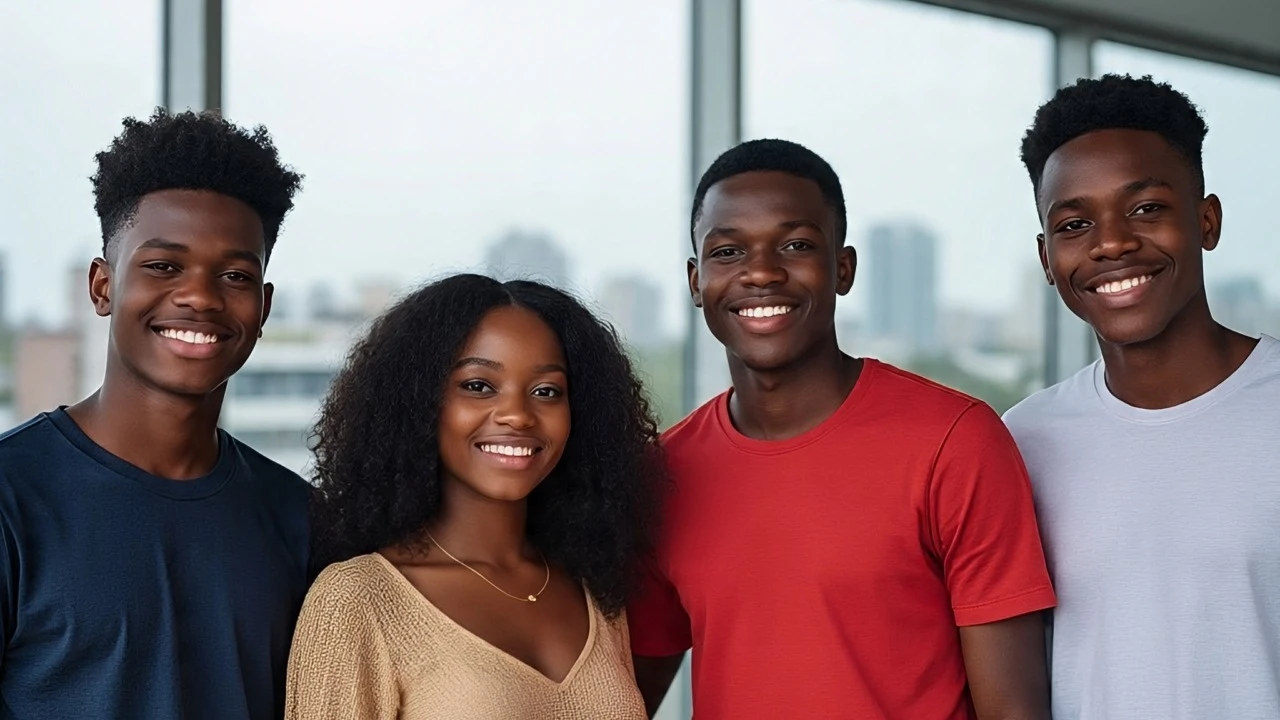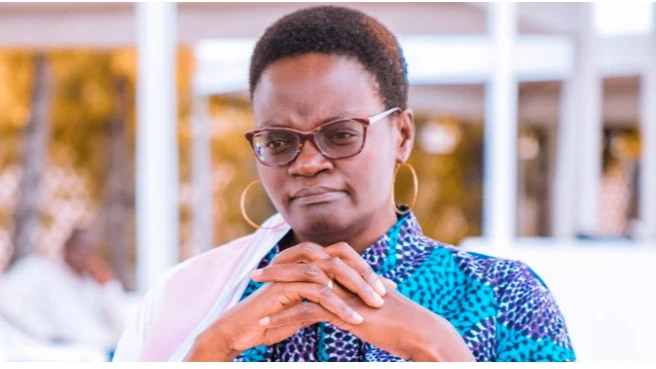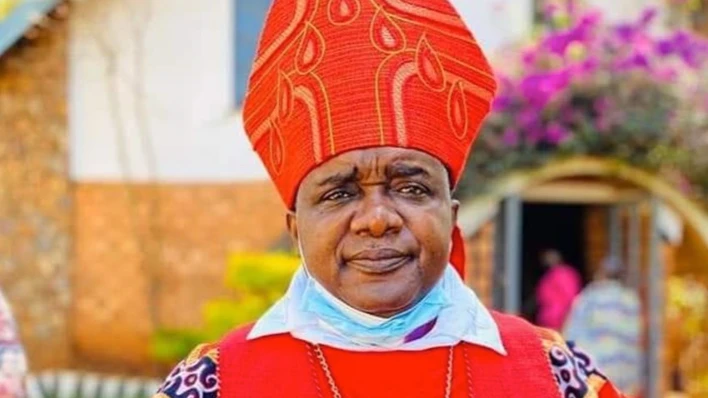How gender-responsive budgeting contributes to promoting gender equity, enhancing accountability
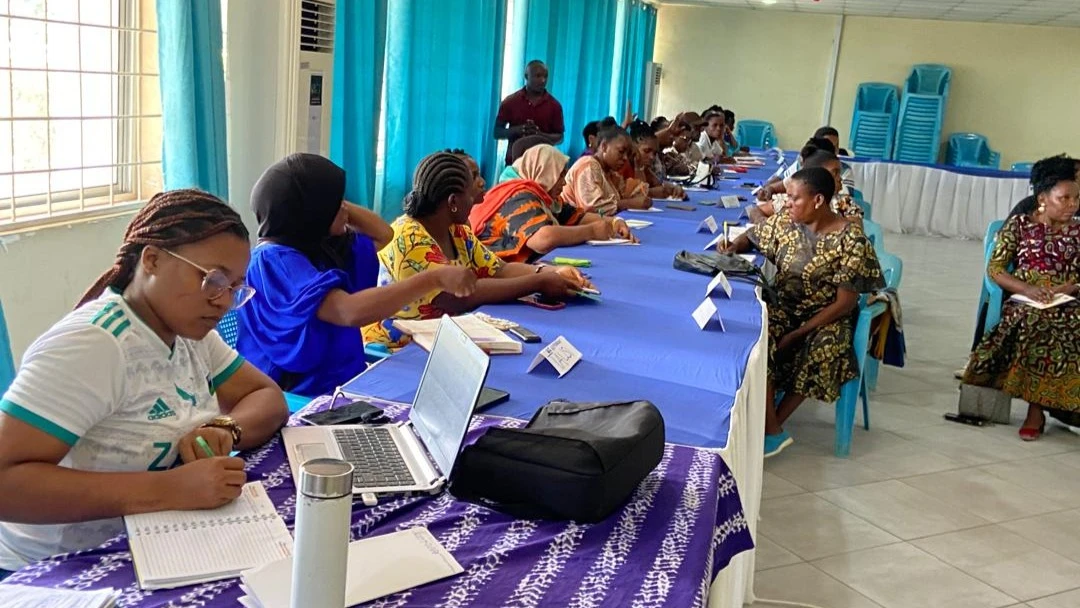
Citizens have been urged to participate fully in local meetings held by their local leaders because doing so is a better way for them to give their views and opinion and eventually come up with a gender-responsive budgeting (GRB).
In an exclusive interview alongside a three-day training on GRB in Dar es Salaam that was organized by TGNP in collaboration with COADY Institute, TGNP Knowledge Center Coordinator Jacquiline Mtesha said that GRB plays a vital role in fostering equitable development, enhancing the livelihoods of marginalised groups, and promoting social justice, ultimately contributing to a more inclusive and prosperous society.
She said that main objective of the the training on GRB that brought together 50 participants from different Knowledge Centers [KCs] from twelve regions, which include: Coast, Dar es Salaam, Iringa, Kigoma, Kilimanjaro, Lindi, Manyara, Mara, Mbeya, and Morogoro, was to capacitate them with the training skills and become trainers of trainees in their respective areas.
“These are some of the KCs members from these regions and from different centres from the village, ward levels attending this training on GRB expecting them when they go back they also train their fellow members in their respective localities on the same topic.”
Mtesha further noted, “We train them to understand and know what are the priorities when preparing their gender responsible budget from the village, ward, and district council levels.
We want them to ensure the budget prepared in their respective places has a gender eye.”
She mentioned one of the major challenges faced is that most people don’t understand about GRB.
For his part, the facilitator of the GRB training Deo Temba highlighted some of the key importance of GRB, by urging participants to have a gender eye in whatever they are doing in their respective areas.
According to Temba, GRB promotes gender equality. It helps identify and allocate resources to programmes that promote gender equality, enabling women to access education, healthcare, and economic opportunities.
Empowers vulnerable groups: By focusing on the needs of women, children, the elderly, and people with disabilities, GRB ensures that these groups receive the support necessary to improve their living conditions and enhance their participation in society.
It addresses specific needs: Different groups have unique challenges; for instance, women may face barriers to healthcare, while children and the elderly may require specific social services. GRB facilitates targeted interventions to meet these needs.
GRB enhances accountability: By integrating gender considerations into budgeting processes, governments are held accountable for how resources are allocated and spent, fostering transparency and encouraging public participation.
Promotes sustainable development: GRB supports the achievement of sustainable development goals (SDGs) by ensuring that development initiatives are inclusive and beneficial to all segments of society, particularly those who are often marginalised.
Improves economic growth: Investing in women and marginalised groups leads to broader economic benefits. When women and disabled individuals participate fully in the economy, it contributes to overall economic growth and community development.
Supports policy implementation: GRB provides a framework for the effective implementation of gender-sensitive policies, ensuring that legislative commitments translate into practical support and funding.
Data driven decisions: It encourages the collection and analysis of sex-disaggregated data, which is vital for understanding the impact of budgetary decisions on different groups and for making informed policy adjustments.
Meanwhile, participants to the GRB training have said that TGNP deserves commendation for its efforts in holding various trainings on gender-responsive budgeting (GRB).
Peter Nestory from Ukenyenge KC ward, Kishapu District in Shinyanga region, has said that TGNP’s training programmes have been resourceful because they enhance the understanding and skills of stakeholders, including government officials, civil society organizations, and local communities, empowering them to implement GRB effectively.
Jamila Kisinga, Coordinator of Ubungo Knowledge Centers in Ubungo, said that the training on GRB facilitates discussions and workshops, TGNP raises awareness about the importance of gender considerations in budgeting, fostering a culture of gender sensitivity in financial planning.
Training initiatives help instill a sense of accountability among participants, encouraging them to advocate for gender equity in budget allocations and to monitor the impact of these budgets on marginalized groups.
TGNP’s efforts often lead to collaborations between various stakeholders, including government entities and NGOs, creating a more unified approach to addressing gender issues in budgeting processes.
Tabu Kilonge from Majohe KC has said that the training emphasizes the importance of using sex-disaggregated data in budgeting, equipping participants with the tools to analyze and present relevant data for informed decision-making.
“By training individuals on GRB, TGNP contributes to the effective implementation of gender-sensitive policies, ensuring that legislative commitments translate into practical outcomes.”
Ester Makoyo from Regicheri KC, Sirari Mara region, said that the training often focuses on the needs and priorities of marginalised groups, ensuring their voices are heard in the budgeting process and that their specific challenges are addressed.
eFFICIENCY
She said through TGNP training she has helped many girls in her localities from genital mutilation.
By fostering a network of trained individuals, TGNP helps ensure the sustainability of GRB initiatives, as participants can continue to advocate for and implement gender-sensitive budgeting practices.
TGNP’s training programs are part of a broader advocacy strategy aimed at systemic change in how budgets are formulated and implemented, contributing to long-term gender equality goals.
Ultimately, TGNP’s focus on GRB training aligns with and supports the achievement of sustainable development goals (SDGs), particularly those related to gender equality and social inclusion.
Laisa Mpingo from Mkunwa KC in Mtwara region said that many policymakers and budget officials lack a clear understanding of GRB concepts and methodologies, limiting effective implementation. Training and capacity-building efforts are often insufficient.
In order to address this challenge, Mpingo has called upon other stakeholders to join hands with TGNP so as to offer much training on the matter.
Telezia Dyamunye, from Murusi KC Kasulu Kigoma said that lack of disaggregated data on gender and other demographics hampers the ability to assess needs accurately and measure the impact of budget allocations on different groups.
She further urged “Commitment from political leaders is crucial for successful GRB. In some instances, there is a lack of prioritization of gender issues within broader political agendas.”
Some of successful gender-responsive budgeting (GRB) initiatives in Tanzania include: Tanzania's National Strategy for Gender Development: This strategy emphasises incorporating gender considerations into national and local budgets. It has led to increased funding for initiatives aimed at empowering women and promoting gender equality.
Local government budgets: Various local governments in Tanzania have implemented GRB by analysing their budgets through a gender lens. For instance, some councils have allocated specific funds for maternal health services, education for girls, and support for women entrepreneurs.
Top Headlines
© 2025 IPPMEDIA.COM. ALL RIGHTS RESERVED












